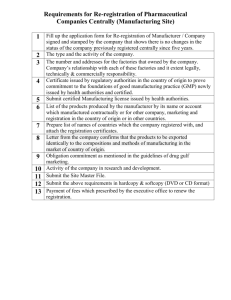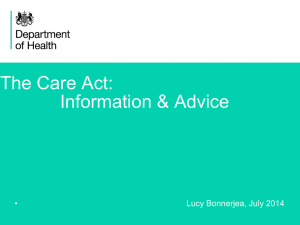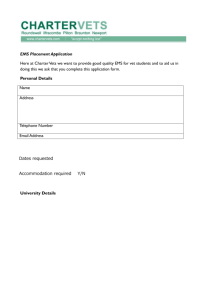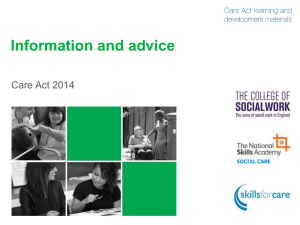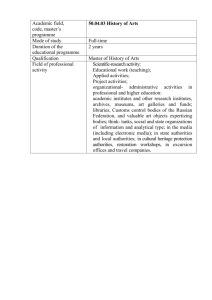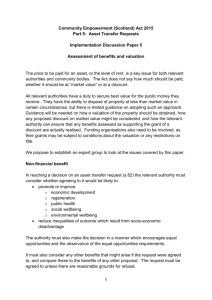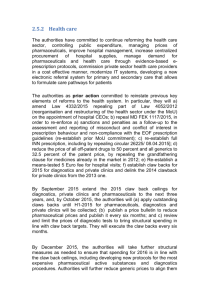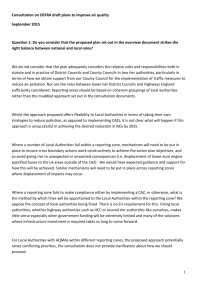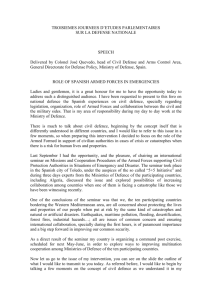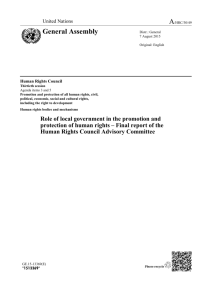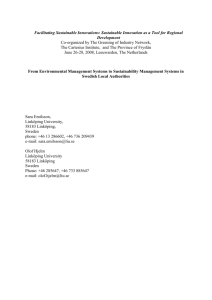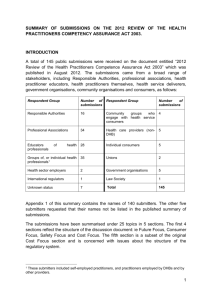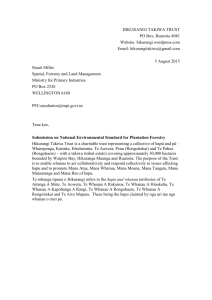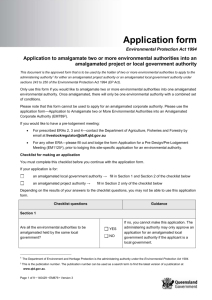Special Event Crisis Planning Checklist
advertisement
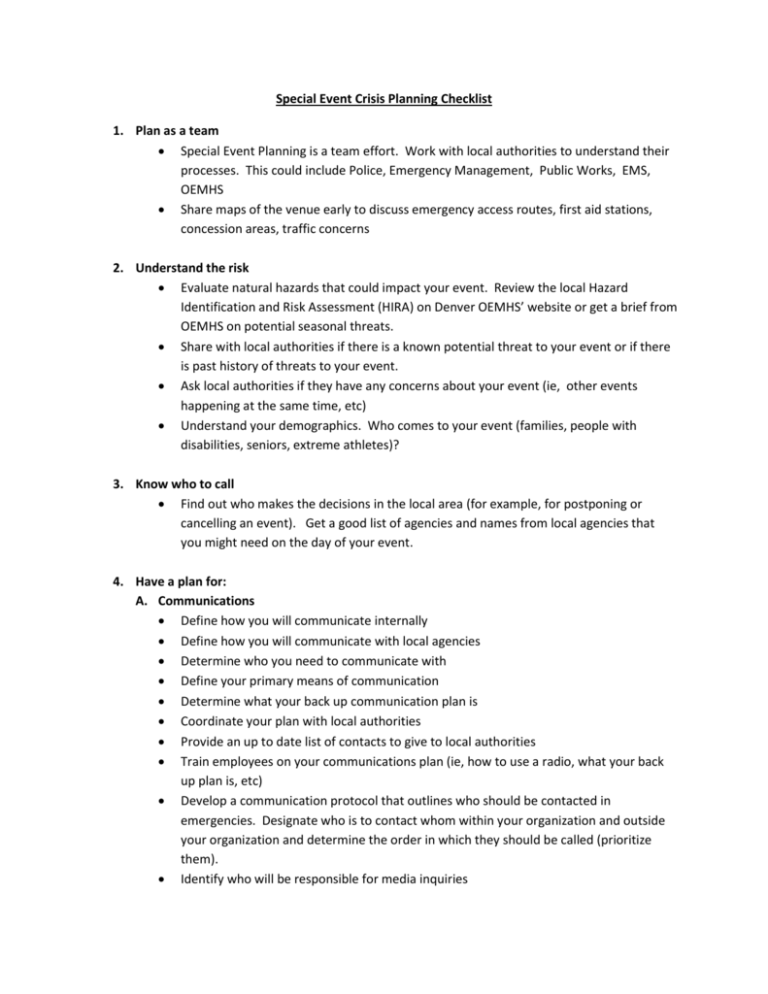
Special Event Crisis Planning Checklist 1. Plan as a team Special Event Planning is a team effort. Work with local authorities to understand their processes. This could include Police, Emergency Management, Public Works, EMS, OEMHS Share maps of the venue early to discuss emergency access routes, first aid stations, concession areas, traffic concerns 2. Understand the risk Evaluate natural hazards that could impact your event. Review the local Hazard Identification and Risk Assessment (HIRA) on Denver OEMHS’ website or get a brief from OEMHS on potential seasonal threats. Share with local authorities if there is a known potential threat to your event or if there is past history of threats to your event. Ask local authorities if they have any concerns about your event (ie, other events happening at the same time, etc) Understand your demographics. Who comes to your event (families, people with disabilities, seniors, extreme athletes)? 3. Know who to call Find out who makes the decisions in the local area (for example, for postponing or cancelling an event). Get a good list of agencies and names from local agencies that you might need on the day of your event. 4. Have a plan for: A. Communications Define how you will communicate internally Define how you will communicate with local agencies Determine who you need to communicate with Define your primary means of communication Determine what your back up communication plan is Coordinate your plan with local authorities Provide an up to date list of contacts to give to local authorities Train employees on your communications plan (ie, how to use a radio, what your back up plan is, etc) Develop a communication protocol that outlines who should be contacted in emergencies. Designate who is to contact whom within your organization and outside your organization and determine the order in which they should be called (prioritize them). Identify who will be responsible for media inquiries Develop a process for communicating with the public and media regarding security issues B. Severe Weather Have a plan to stay up to date with weather conditions that could affect your event If using a NOAA weather radio to monitor the weather, ensure your staff is properly trained on what the National Weather Service watches and warnings mean Understand the local area’s weather notification procedures and what an outdoor siren means in that area Identify who is authorized within your organization to make the decision to postpone or cancel your event due to severe weather Identify who will make the announcements to the public about event cancellations, postponements, etc. Coordinate this plan with local authorities Ask where the public should be sheltered or evacuated to if there is a need to get people inside C. Safety EMS related Determine if there be an First Aid station on site and if yes, who will staff it Determine if you need mobile EMS teams Define who does ambulance transport If using a private EMS company, ask if they have coordinated with Denver Paramedics Security related Coordinate security needs with local authorities and decide if you need to hire off duty police or additional security Determine where your onsite command post will be and who needs to be in it (Police, Fire, EMS, private security, etc) Decide if there is a need to credential people and let local authorities know what your system is. If not credentialing, determine what type of identification your event personnel will have If you are using volunteers, determine how you will background check them and how you will train them on suspicious activity reporting Establish notification protocols for suspicious situations and emergencies Define areas that may need access control for pedestrians and vehicles and coordinate these areas with local authorities




